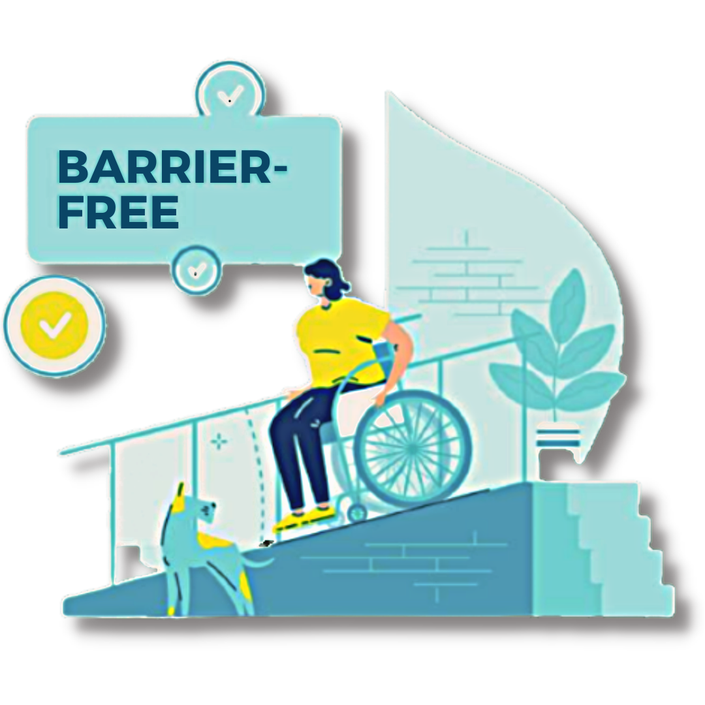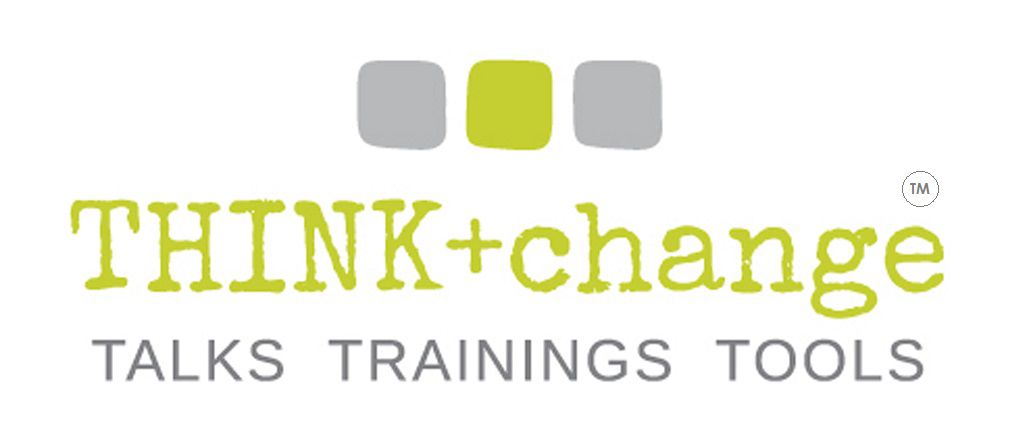
Title III of the ADA and why Public Accommodations Matter
Clarifies accommodations, ADA compliance, and highlights accessibility for those seeking clarity or ADA-related challenges.
- What Title III of the Americans with Disabilities Act (ADA) is;
- Why businesses need to comply with ADA standards;
- How being ADA compliant can benefit businesses;
- What The Curb Cut Effect is;
- How businesses can provide accommodations to people with disabilities; and
- Actions you can take now as a business.
What to expect
- A 90-minute, self-paced, video slide-based presentation;
- Instructors Krystal Dawson from The Arc of Aurora/THINK+change with guest speakers: Emily Shuman from the Rocky Mountain ADA Center, and Kevin Williams from Colorado Cross-Disability Coalition;
- Weblinks to TOOLS and TRAININGS you can use outside of this course;
- Closed captioning in English; and a
- Digital Certificate of Completion for entire course achievement.
Who should take this course?
- Businesses that are generally open to the public such as stores, restaurants, theaters, schools, daycare facilities, recreation facilities, medical offices, hotels, pharmacies, retail, museums, libraries, parks, schools, and commercial facilities such as factories, warehouses, office buildings, etc.
- People with disabilities and their families so they understand Title III of the ADA, their rights, and what businesses can do to provide accommodations.
This work is made possible through support from Colorado Developmental Disabilities Council, Arc Thrift Stores, Developmental Pathways, and The Arc of Aurora.
CLE/CEU
Due to the varying requirements of different organizations and disciplines, THINK+change does not seek prior accreditation of educational courses for CLE/CEUs. Please consult the rules of your organization regarding the procedures for receiving continuing education credits. This course may qualify for up to 90 minutes of CLE/CEU. You will also receive a digital certificate verifying your completion of the course to submit. If you require further verification or have other questions, please contact us.
This material has been prepared for informational purposes only and is not intended to provide, and should not be relied on for, medical or legal advice. You should consult your own medical or legal advisors for specific and personalized advice.
Your Instructor

THINK+change offers solutions-focused training and education that change knowledge, attitude, and behavior to ultimately improve the quality of life for people with intellectual and developmental disabilities (IDD). THINK+change is a training and education program of The Arc of Aurora which was incorporated in 1975 as an advocacy organization for people with IDD. Since the inception of THINK+change in 2017, the education program has been a trailblazer in disability education and has trained and brought together thousands of people with IDD, their families, and the professionals in their lives who want to keep up with trends and developments in the disability field and grow professionally. All people with disabilities deserve respect and deserve better.
Course Curriculum
-
StartIntroduction (1:09)
-
StartMeet Emily (3:24)
-
StartWhat is and why is the ADA important? (2:20)
-
StartWhat is Title III of the ADA? (0:44)
-
StartWhat places are covered under Title III? (1:24)
-
StartWhat can a business do to follow Title III of the ADA? (4:50)
-
StartWhat about a business’ website, does that have to be accessible? (1:37)
-
StartAre any businesses or buildings considered “Grandfathered” in and thus not required to be accessible? (2:36)
-
StartIs ground transportation covered by Title III of the ADA? (1:38)
-
StartWhat about religious organizations and facilities? (1:43)
-
StartAre educational and professional testing services covered by Title III of the ADA? (0:40)
-
StartCan a business charge someone with a disability extra or tack on fees? (0:31)
-
StartWhat is an ADA coordinator? (1:57)
-
StartAnything else you would like to add? (1:08)
-
StartIn Summary (0:50)
-
StartIntroduction (0:59)
-
StartMeet Kevin (1:14)
-
StartIs the Title III of the ADA federal and state law? (2:30)
-
StartCan you share examples of a reasonable accomodation? (4:03)
-
StartCould a Title III complaint reach court or bring on a lawsuit? (2:42)
-
StartIf a business was in violation, could they be fined? (2:52)
-
StartIf a business had questions about if they are ADA compliant, who should they contact? (1:14)
-
StartAnything else you would like to add? (1:08)
-
StartIn Summary (0:53)
